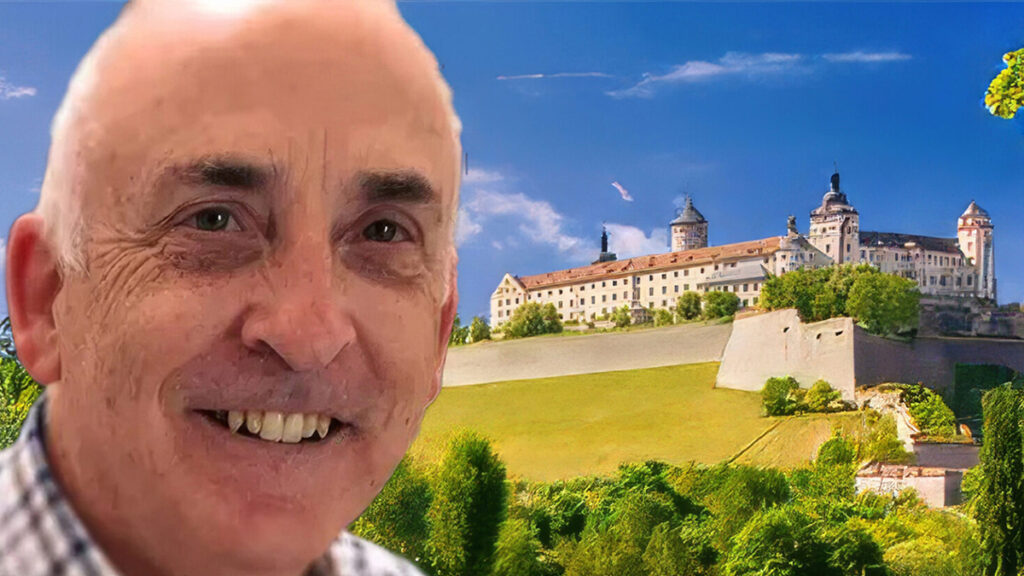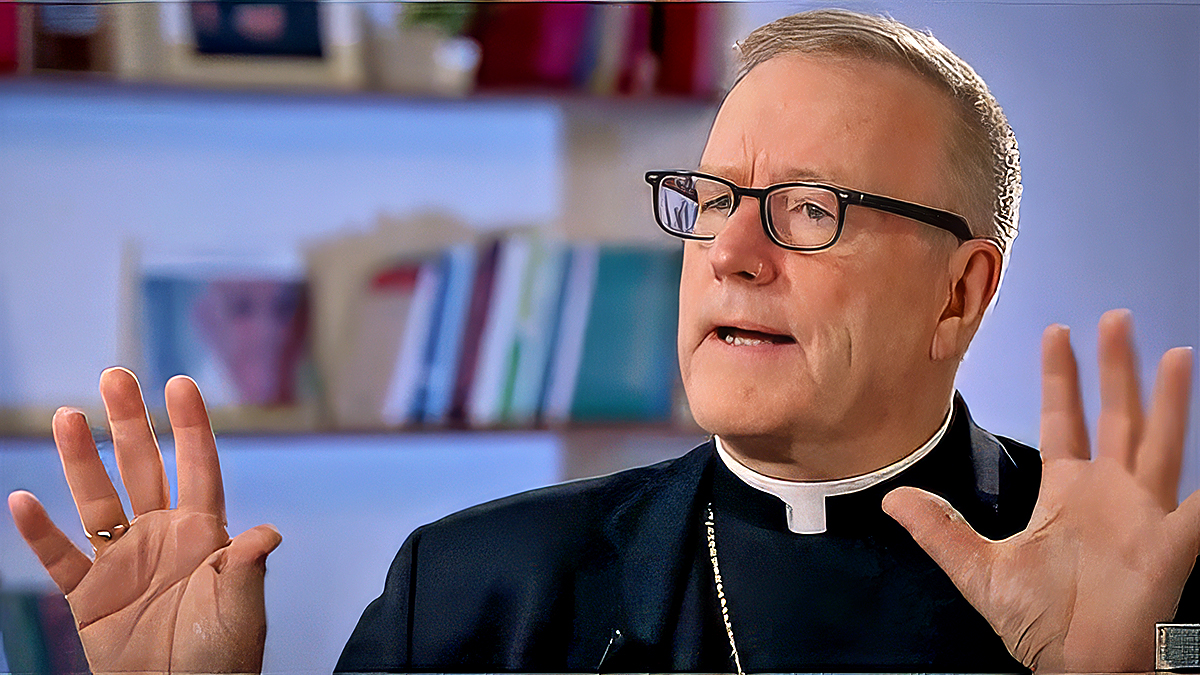The recent controversy surrounding the awarding of the Josef Pieper Prize to U.S. Bishop Robert Barron highlights a profound theological and cultural rift within global Catholicism.
The Josef Pieper Prize is regarded as a significant honour in German-speaking Catholic academia, signifying that the recipient’s work reflects intellectual depth, faith engagement, and cultural relevance.
The fierce criticism from the Catholic Theological Faculty at the University of Münster is not merely about one individual. It symbolises a broader clash between two divergent Catholic worldviews—those shaped by American and German historical trajectories.
The American Catholic trajectory
In the United States, Catholicism has increasingly aligned itself with cultural conservatism and political nationalism.
Rooted in a history of religious voluntarism and individualism, American Catholic theology often prioritises doctrinal clarity, moral absolutism, and apologetics aimed at preserving Catholic identity in a pluralistic society.
Influenced by the ethos of American exceptionalism and post‑1960s political realignments, a significant portion of U.S. Catholic leadership has adopted positions that merge religious orthodoxy with right‑wing political ideology.
This outlook is evident in support for policies that resist LGBTQ+ inclusion, advocate for traditional gender roles, and blur the lines between Christian morality and nationalist agendas.
While admired by many,
critics argue
Bishop Barron
aligns with networks
that support authoritarian movements,
risking a vision
of Catholicism
that divides believers
into rigid categories of
“us” and “them.”
Bishop Barron as emblematic
Within this context, Bishop Barron exemplifies the trend.
Though intellectually sophisticated and popular among many lay Catholics, he is seen by critics as cooperating with religious‑political networks that support autocratic movements in the U.S. and Europe.
Under the guise of defending timeless religious truths, this strand of Catholicism often engages in identity politics that exclude those who fall outside traditional norms—queer people, migrants, and religious pluralists among them.
As the Münster faculty argues, such theology risks weaponising faith, dividing the world into “us” and “them” under a banner of orthodoxy that is politically charged.
A German theological perspective
Criticism from Germany comes out of a very different history.
German Catholicism, profoundly shaped by the traumas of the 20th century—most notably the Holocaust and the authoritarian misuse of religion under National Socialism—has cultivated a theological approach that is cautious of rigid dogmatism and wary of politicised religion.
The German theological tradition, particularly after the Second Vatican Council, has emphasised historical consciousness, social ethics, and human dignity.
In this context, theology is not a battleground for ideological purity. It is understood as a pastoral and intellectual endeavour to accompany a broken world marked by exclusion, violence, and complexity.
A theology of justice and inclusion
For German theologians, the God of Jesus Christ stands with the oppressed and the marginalised. Any credible theology must engage critically with the real social and political wounds of contemporary life.
This includes affirming the dignity of LGBTQ+ individuals, welcoming migrants, and safeguarding democratic institutions from populist distortion.
The Church is called not to defend cultural power, but to witness humbly to justice, mercy, and solidarity.
A fault line for the future
The Barron controversy, therefore, is not simply an academic quarrel. It reveals a fault line within global Catholicism.
American Catholicism, shaped by cultural anxiety and a defensive posture, often seeks to preserve what it sees as a threatened moral order.
German Catholicism, chastened by history, leans toward a theology of reconciliation, ethical reflection, and openness to difference.
The Church’s future may well depend on how it navigates these competing visions—and whether it chooses a path of power or of prophetic witness.

- Dr Joe Grayland is an assistant lecturer in the Department of Liturgy at the University of Wuerzburg (Germany). He has also been a priest of the Catholic Diocese of Palmerston North (New Zealand) for more than 30 years.
- J.P Grayland’s new book Horizons: Essays on Synodality, Liturgy, and Global Catholicism is available as an ebook or print book.
- Flashes of Insight is an international publication. The editorial policy is that spelling reflects the country of origin.

